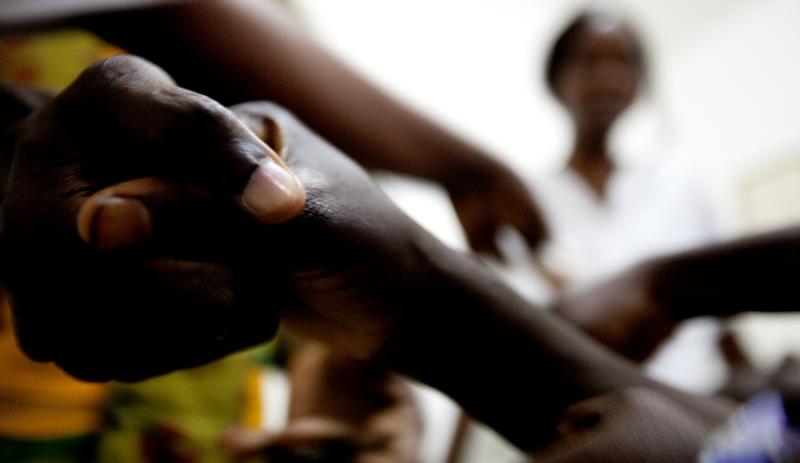Where We Work
See our interactive map


Last week, Zambia launched a secret weapon: nurses.
That’s right. Zambia may have found a way to move toward universal health coverage and the Sustainable Development Goals through the leadership of its own existing health workers. The Ministry of Health, joined by the academic sector, the nursing council, and many other stakeholders in Zambia, believes nurses hold the answer to meeting community health needs in a long-term, sustainable way.
Country governments, funding partners, and the global community have long debated how to strengthen and sustain community health systems to deliver consistent high-quality care, particularly in rural and remote communities. This week Zambia launched a blended learning course that will prepare its nurses and midwives to lead their frontline health teams to do just that.
At the helm of community frontline teams, nurses could help Zambia deliver high-quality to care to everyone, and achieve universal health coverage. But historically, nurses have not been trained, recognized, or supported to fully perform that role.
The big news is not the training. But the course is unique; it uses blended learning in rural areas and engages students to apply their learning and interact with other cadres and community members to successfully complete the course.
And the big news is not the announcement that this course will be part of the approved continuing professional development (CPD) trainings for nursing relicensure, although this is new. The General Nursing Council revised its Nursing Act and for the first time established CPD credit requirements for relicensure. This course fulfills all the CPD credits for the annual requirement.The real news is the collective “aha moment” that has been reached by Zambia and its national stakeholders.
For years, Zambia has been leaning on development partners to recruit, train, deploy, and manage its various community health provider groups. And there are many:
But even with these high-impact community health interventions, Zambia, like many countries, is still left with the challenge of coordinating these groups to raise the quality of care and service for Zambians. As is widely discussed in the literature, after specific projects are over, cohesiveness and benefits often fade. There is no mortar to hold these bricks of the community health system together.
Zambia believes that nurses working in the community can bring together community initiatives into an integrated, effective community health system that delivers high-quality care. At the helm of community frontline teams, nurses could help Zambia deliver high-quality to care to everyone, and achieve universal health coverage.
But historically, nurses have not been trained, recognized, or supported to fully perform that role.
This aha moment came as a response to evidence from research completed this year by the Primary Health Care to Communities partnership that captures the voices of community nurses, their teams, and constituents. The research suggested that if Zambia invests in its nurses by strengthening their capacity to lead and manage unique, multifaceted frontline teams, then they will be able to sustain the interventions that have individually shown high impact, but have yet to be collectively sustained or harmonized.
Last week, Zambia transferred research to action and launched this unique training course. The Ministry of Health will be watching as the University of Zambia carries out the training and researchers document whether nurses—trained and supported to bring together these initiatives and lead the varied members working on the front lines—will be Zambia’s secret weapon to share with other countries facing the same challenges.
A series of VITAL posts will begin to tell the story, starting with members of the research team sharing their experiences. There is no better day to launch this series than on International Nurses Day. Check back for future posts that will tell Zambia’s story over the coming months.
Read More:
This training was developed in response to research carried out by the Primary Health Care to Communities (PHC2C) partnership. The partnership formed in 2014 to advance universal health coverage and the Sustainable Development Goals by strengthening support to nurses and midwives so they can effectively lead frontline teams to deliver high-quality care to communities. The four core organizations—IntraHealth International, ICN, the Dalhousie University WHO/PAHO Collaborating Centre for Health Workforce Planning and Research, mPowering Frontline Health Workers, and the University of Zambia—joined with Zambia’s Ministry of Health to improve primary health care at the community level. In 2015, Johnson & Johnson joined the partnership to support first-phase research in Zambia on the role of nurses and midwives at the community level.
Get the latest updates from the blog and eNews




